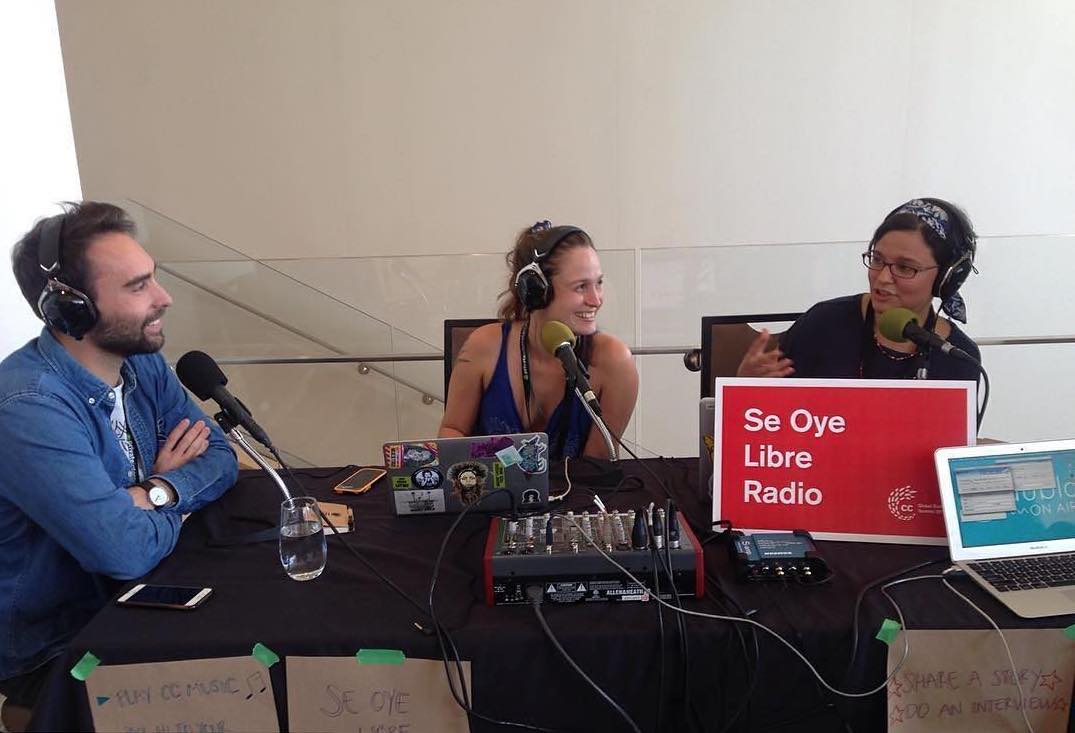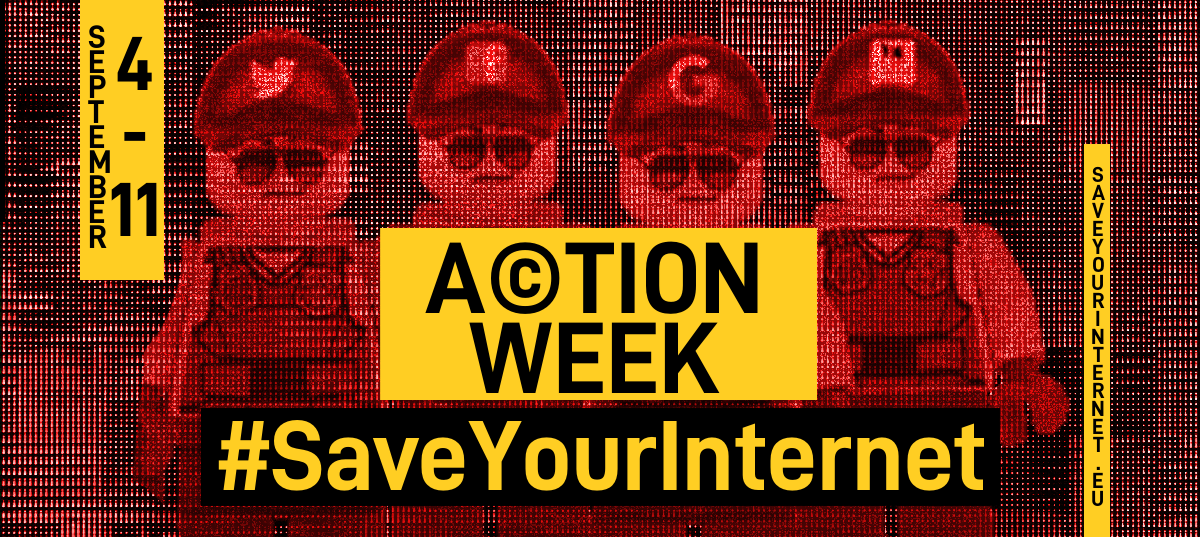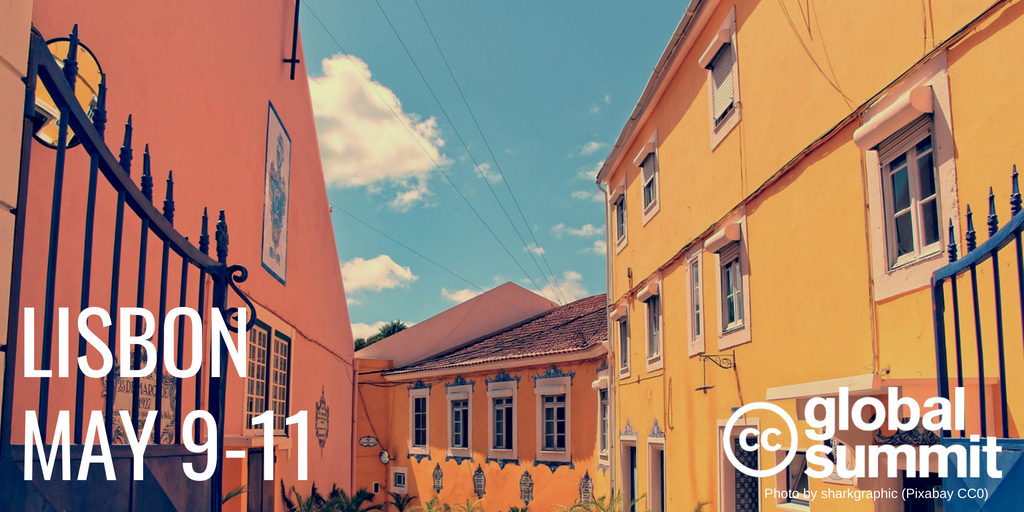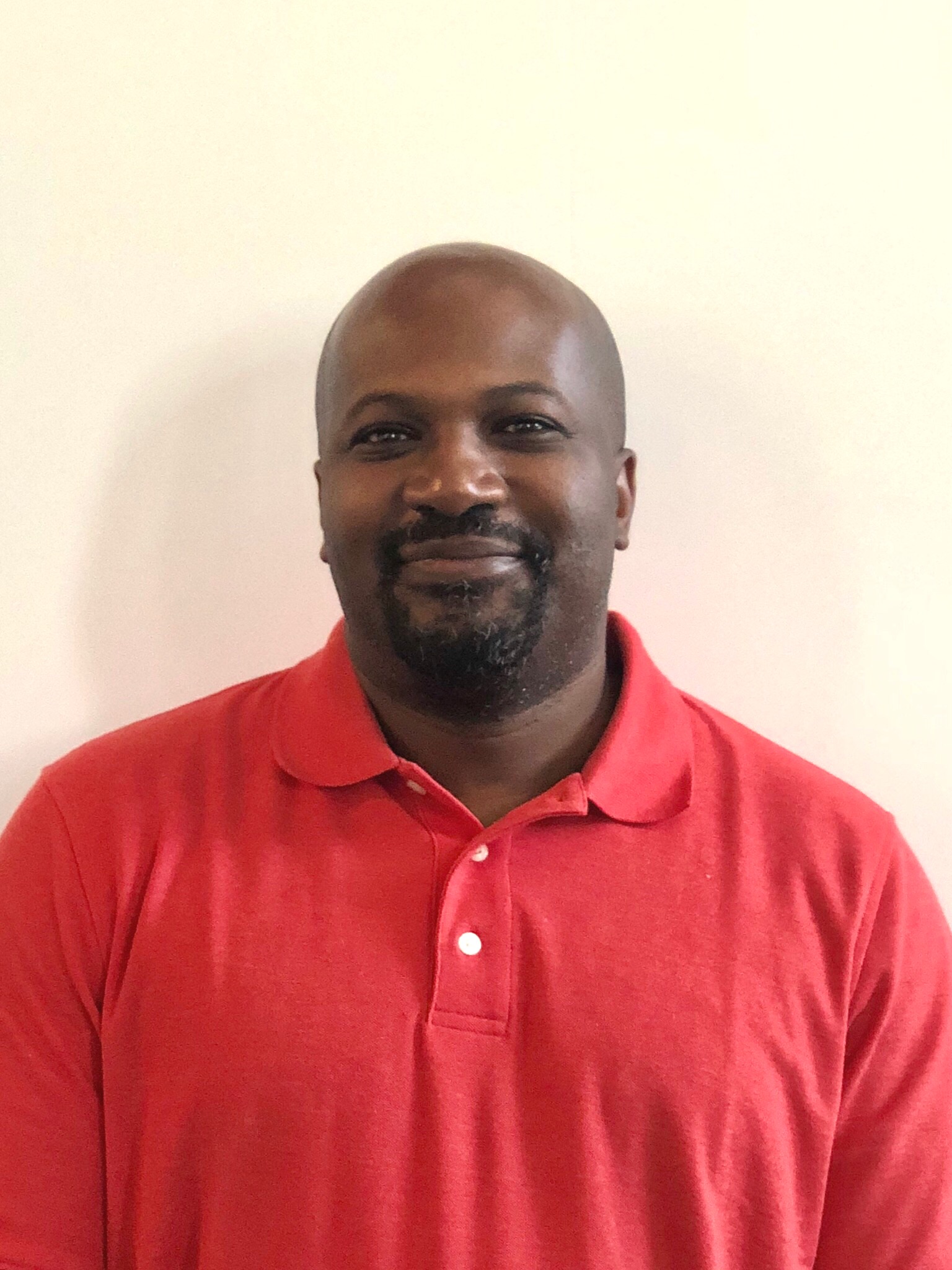With the European Parliament vote on the copyright directive, the internet lost – for now
jeudi 13 septembre 2018 à 00:45
Today the European Parliament voted 438-226 (with 39 abstentions) to approve drastic changes to copyright law that, if ultimately enacted, would negatively affect creativity, freedom of expression, research, and sharing across the EU.
The Parliament voted in favor of almost all provisions that extend more rights to the establishment copyright industries while failing to protect users and new creators online.
The Parliament voted in favor of Article 13, which will essentially force online platforms to install expensive content filters to police user uploads and remove content if there’s any whiff of unauthorized sharing of copyrighted materials. The rule covers all types of content, from music to video to images. If platforms don’t take action, they assume liability for what their uses publish online. Upload filters will limit freedom of expression, as the technologies can’t tell the difference between copyright infringement and permitted uses of copyrighted works, such as memes shared as parody, or the incidental capture of an advertisement in the background of a selfie.
They approved Article 11, which provides extra copyright-like rights to press publishers. Article 11 would force news aggregators to pay publishers for linking to their stories. The rule covers links and snippet over a single word. The Parliament’s vote also included giveaways to other groups, such as a new right for sporting event producers to lock down the sharing of fan photography and short videos at sporting events.
The Parliament refused to make much needed changes to the text that would help ensure that Europe can remain a relevant player for research and innovation. It approved only a limited copyright exception for text and data mining that restricts its use only for approved non-profit research organisations, instead of providing a blanket exception supported by libraries, research organisations, and the EU startup community that would make “the right to read is the right to mine.” As a result, investment and innovation in this space will move to outside of Europe where there’s a more conducive legal environment for text and data mining, such as the United States.
Not only does the plan approved by the Parliament fail to produce benefits for its intended frame, the digital single market, it also does almost nothing to protect user rights, improve the ability to share remixes and other user-generated content (UGC), or protect the public domain. The commonsense amendments in support of UGC, freedom of panorama, and calling for support of the public domain were all voted down.
Ryan Merkley, CEO of Creative Commons, appeared on BBC Radio this afternoon for an interview on the copyright directive vote. He reiterated that artists should be able to receive fair and appropriate compensation for their work, and that Creative Commons was formed in order to provide alternative choices for creators in how they share creativity online. But he said that most of the provisions passed in today’s EU Parliament vote only benefited major rights holders like TV networks or music labels:
If you’re a regular person or an independent artist who needs the internet for your every day life or for work or for fun, if you’re somebody who reads articles online or makes your own music or has an idea for a startup, or you’re a scientist who wants to cure a disease, you lose in this proposal. The EU is a less good place to make your art, to make your music, or to drive innovation or discovery.
What’s next?
Now the Parliament enters into closed-door three-way negotiations with the Council of the European Union (the EU Member State governments) and the European Commission (the EU executive body which proposed the original text of the copyright directive). These three bodies will work to reconcile their versions of the directive text, and the final text will again be voted on in the European Parliament probably early in 2019.
The European Parliament was given the chance to fix copyright for 500 million Europeans, and signal to the world that progressive changes to law can empower new creators and champion creativity and the open web. Instead, they chose to side with the most powerful corporate rights holders whose sole objective is to minimize the impact brought about by digital technologies and the internet on their legacy business models.
The fight for the future of the internet is far from over. While today’s Parliament vote was a major setback, it’s up to all of us to continue to organize and advocate for the free and open web we want and need, in the EU and beyond.
The post With the European Parliament vote on the copyright directive, the internet lost – for now appeared first on Creative Commons.



 Alden Page is a backend software developer on CC’s Product team and strives to build the infrastructure that will power a rich ecosystem of applications on top of the digital commons, beginning with CC Search.
Alden Page is a backend software developer on CC’s Product team and strives to build the infrastructure that will power a rich ecosystem of applications on top of the digital commons, beginning with CC Search. Steven Bellamy has over 15 years experience with developing interfaces for the web and architecting JavaScript solutions.
Steven Bellamy has over 15 years experience with developing interfaces for the web and architecting JavaScript solutions. Jami Vass is excited to join the Creative Commons team as Director of Development, where she will lead global fundraising efforts to support CC’s mission. Jami brings over 17 years of diverse fundraising experience to CC.
Jami Vass is excited to join the Creative Commons team as Director of Development, where she will lead global fundraising efforts to support CC’s mission. Jami brings over 17 years of diverse fundraising experience to CC.